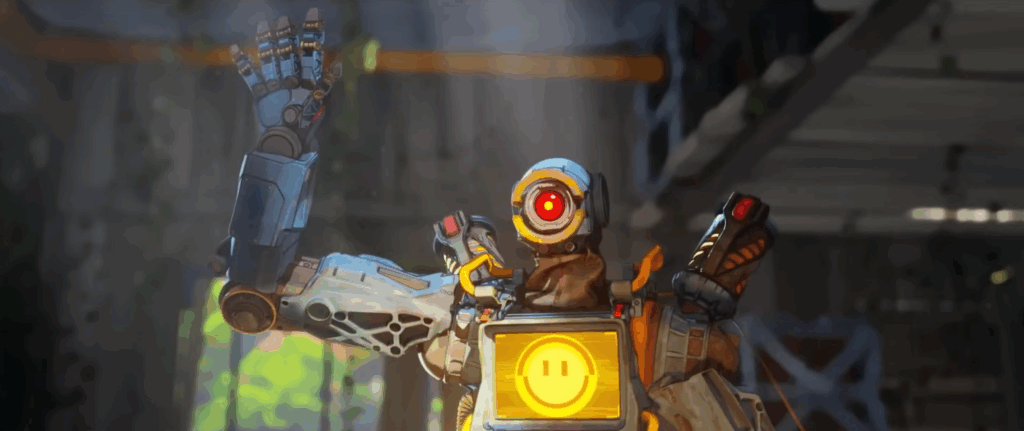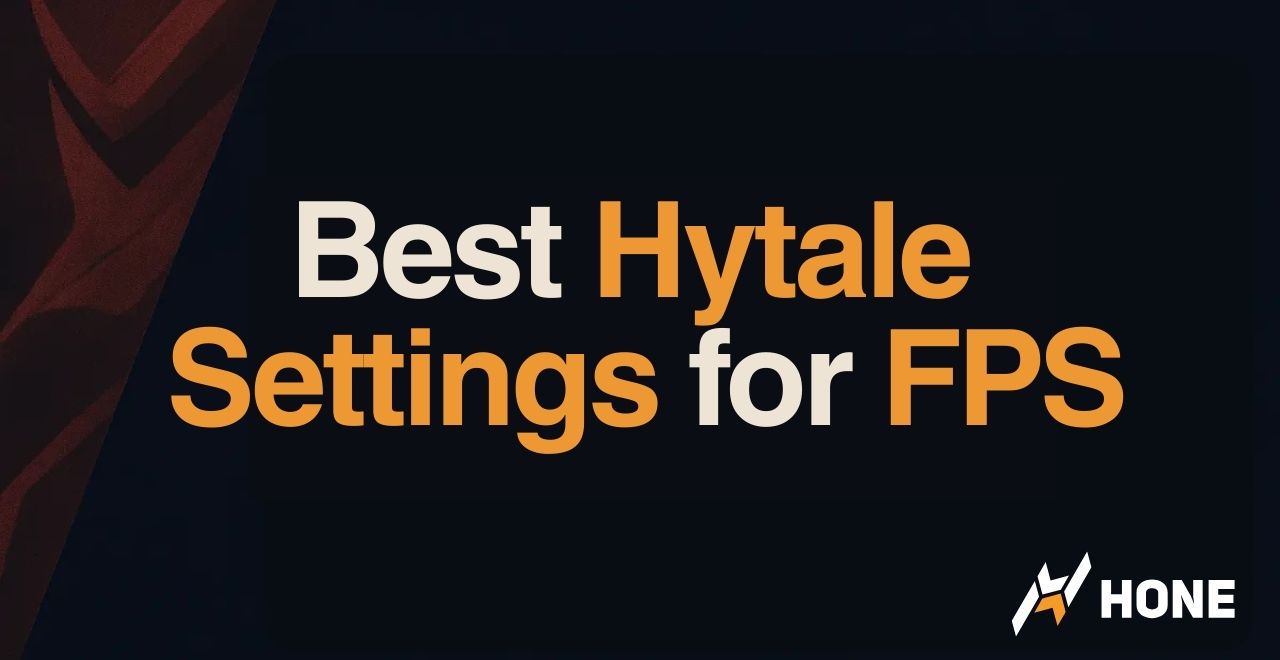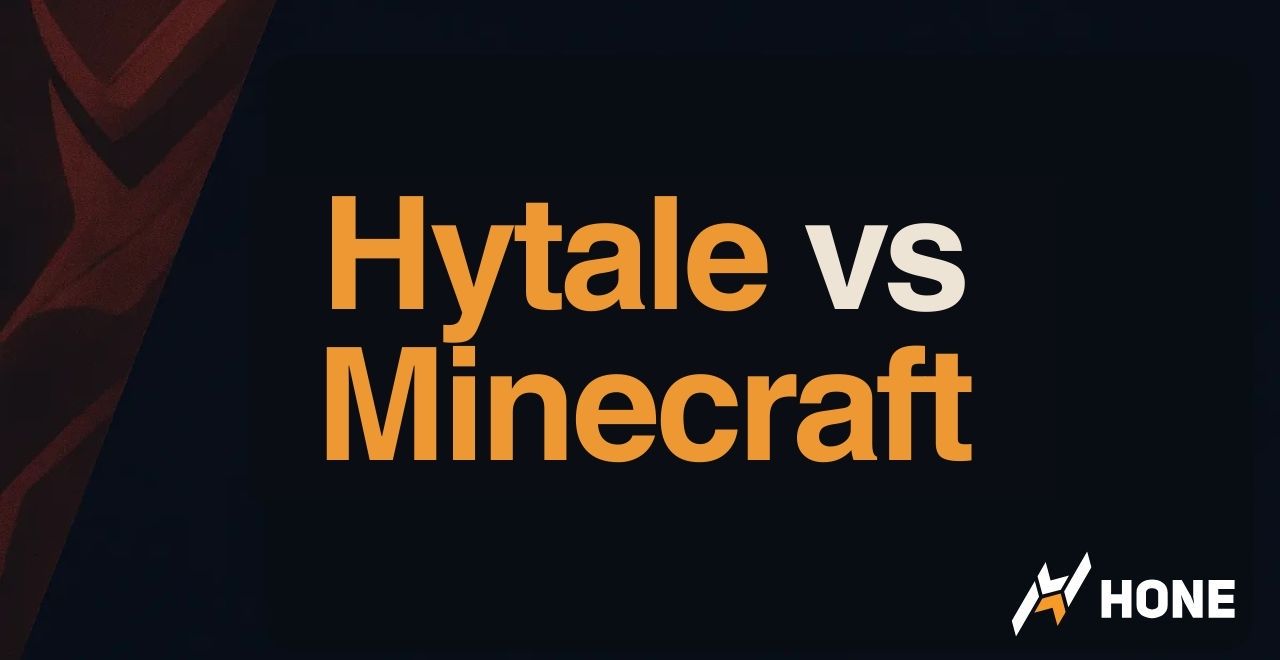That moment when your perfectly lined-up Wingman shot doesn’t register, or you’re suddenly teleporting backwards mid-slide jump. Apex lag hits different because every millisecond matters. After troubleshooting these issues, we’ve assembled every fix that actually works.
Let’s jump right in!
What Type of Lag Are You Experiencing?

Not all lag is created equal. Before we dive into fixes, you need to identify what’s actually happening. Enable the Performance Display in your Gameplay settings first; this shows the exact symbols causing your issues.
Network Lag Symptoms
• Enemies teleporting or rubber-banding
• Shots not registering despite clear hits
• Getting shot around corners
• Red speedometer or packet loss symbols
Input Lag Symptoms
• Delayed response to mouse/keyboard actions
• UCMD Delay symbol appearing
• Sluggish aiming or movement
• Feels like playing in molasses
Performance Issues
• FPS drops or stuttering
• Micro-freezes during fights
• Starvation symbol appearing
• Game freezes when loading areas
Eliminating Ping & Packet Loss in Apex Legends
Network issues are the most common cause of Apex lag. Let’s fix your connection from the ground up.
I can’t stress this enough: WiFi is not for competitive gaming. Period.
- Ethernet provides stable, low-latency connection
- WiFi adds unnecessary latency and can also cause packet loss
- Even “gaming” WiFi routers can’t match a basic ethernet cable
Can’t run a cable? Try powerline adapters as a last resort.
From the main menu (before clicking Continue):
- Wait for “Data Center” to appear at bottom
- Press Tab (or equivalent) to open server list
- Choose the server with lowest ping AND 0% packet loss
- Sometimes a slightly higher ping server performs better if it has no packet loss
Basic Maintenance:
- Power cycle weekly: Unplug for 60 seconds
- Update firmware from manufacturer’s website
- Position centrally if using WiFi (but seriously, use ethernet)
QoS Configuration:
- Access router settings (usually 192.168.1.1)
- Find QoS/Traffic Control section
- Prioritize your gaming device by MAC address
- Set gaming traffic to highest priority
Open these ports in your router for better connectivity:
9960-9969, 18000
18060, 18120, 27900
28910, 29900
29900
37000-40000
Set a static IP for your gaming device first!
Switch from your ISP’s slow DNS servers:
| DNS Provider | Primary | Secondary |
|---|---|---|
| Cloudflare (Fastest) | 1.1.1.1 | 1.0.0.1 |
| 8.8.8.8 | 8.8.4.4 | |
| Quad9 (Security) | 9.9.9.9 | 149.112.112.112 |
Note: This improves initial connection speed, not in-game ping.
Pro Tip: Test for ISP Throttling
Run a speed test normally, then run it again through a VPN. If the VPN speeds are significantly higher, your ISP is throttling gaming traffic. A gaming VPN might actually help in this specific case.
Advanced Network Diagnostics
Bufferbloat Test
Bufferbloat causes lag spikes when your network is busy. Test yours at waveform.com/tools/bufferbloat.If your result is not an A or A+ – watch this video on how to fix it.
Grade B: Good – minor tweaks may help
Grade C or worse: Poor – enable SQM on your router
- Download UOTrace from EA’s support site
- Run it and click “Options” → “Advanced”
- Enter server:
easo.ea.com - Click “Trace Route” then “Poll”
- Let it run until 100+ packets sent
Look for:
- Packet loss at any hop (except 100% which may be normal)
- High ping (150ms+) starting at a specific hop
- Large ping variations (100ms+ difference between min/max)
Save results and contact your ISP if issues are in their network.
Fixing Stutters & FPS Drops
Performance issues can feel like network lag but stem from your hardware or software configuration. Let’s optimize your system.
Graphics Drivers:
- Download directly from NVIDIA/AMD websites
- Use DDU (Display Driver Uninstaller) in Safe Mode for clean install
- Don’t rely on Windows Update for GPU drivers
Often Forgotten:
- Chipset drivers from motherboard manufacturer
- Network adapter drivers (crucial for network performance)
Thermal throttling causes massive FPS drops:
- CPU: Keep under 85°C (throttles at 90-95°C)
- GPU: Keep under 80°C (throttles at 83-87°C)
Quick fixes:
- Clean dust from all fans/heatsinks
- Reapply thermal paste if 2+ years old
- Use MSI Afterburner to set custom fan curves
- Undervolt GPU if temps remain high
Apex on HDD = guaranteed stuttering. You MUST use an SSD.
- Eliminates texture streaming stutters
- Fixes micro-freezes when loading new areas
- NVMe SSD preferred, SATA SSD acceptable
- Keep 20% free space for optimal performance
Set to High Performance, then adjust advanced settings:
- PCI Express → Link State Power: Off
- Processor Power → Min/Max: 100%
- USB Selective Suspend: Disabled
- Hard disk → Turn off after: Never
- Wireless Adapter → Power Saving: Maximum Performance
| Feature | Setting | Location |
|---|---|---|
| Game Mode | On (test OFF if issues) | Settings → Gaming |
| Hardware GPU Scheduling | Test both ON/OFF | Settings → Display → Graphics |
| Xbox Game Bar | Off | Settings → Gaming |
| Background Recording | Off | Settings → Gaming → Captures |
If stuttering persists, perform a clean boot:
- Run msconfig
- Check “Selective startup”
- Uncheck “Load startup items”
- Services tab → Hide Microsoft services → Disable all
- Restart and test Apex
If it runs better, re-enable services in groups to find the culprit.
NVIDIA Control Panel Settings
| Setting | Value |
|---|---|
| Power Management Mode | Prefer Maximum Performance |
| Low Latency Mode | Ultra |
| Texture Filtering – Quality | High Performance |
| Threaded Optimization | On |
| V-Sync | Off, unless paired with G-Sync/FreeSync and NVIDIA Reflex/AMD Anti-Lag |
| NVIDIA Reflex | Enabled + Boost (in-game) |
AMD Radeon Settings
| Setting | Value |
|---|---|
| Anti-Lag | Enabled |
| Radeon Boost | Enabled (if supported) |
| Texture Filtering Quality | Performance |
| Surface Format Optimization | On |
| Tessellation Mode | Override → Off |
Pro Tip: RAM Optimization
Enable XMP/EXPO/DOCP in BIOS to run RAM at rated speeds. This alone can improve FPS by 10-15%. Also ensure you have at least 16GB RAM; 8GB causes constant stuttering as Apex uses your page file.
Advanced Diagnostics & Fixes

When standard fixes fail, these advanced techniques can resolve stubborn issues.
Win32PrioritySeparation:
- Run regedit as admin
- Navigate to:
HKEY_LOCAL_MACHINE\SYSTEM\CurrentControlSet\Control\PriorityControl - Set Win32PrioritySeparation to Hex value 26 or 2A
- Test both values for your system
This prioritizes foreground apps (like Apex) for CPU time.
Note: Skip the "NonBestEffortLimit" tweak; it's outdated and ineffective.
Corrupted files cause random issues:
Steam:
- Right-click Apex → Properties → Installed Files
- Click "Verify integrity of game files"
EA App:
- Click gear icon on Apex
- Select "Repair"
Do this after every major update.
In Device Manager → Network Adapters → Properties → Advanced:
| Setting | Value |
|---|---|
| Interrupt Moderation | Disabled (test) |
| Receive/Transmit Buffers | Maximum available |
| Flow Control | Disabled |
| Energy Efficient Ethernet | Disabled |
Common Apex Legends Myths & Bad Advice
Let's debunk some popular "fixes" that don't actually work:
| Myth | Reality |
|---|---|
| TCP Optimizer tools improve gaming | Apex uses UDP, not TCP. These tools are useless for in-game performance. |
| Disabling tons of Windows services | Minimal impact on modern systems. Can cause instability. |
| Jumbo Frames improve performance | Not supported on internet. Will break your connection. |
| Changing DNS lowers ping | DNS only affects initial connection, not in-game latency. |
| Disabling Fullscreen Optimizations | FSO is required for MPO to work. Disabling it can make input delay worse. |
Priority Order
If you're overwhelmed, follow this priority order:
- Use Ethernet - Biggest single improvement
- Update GPU drivers - Often fixes stuttering
- Check temperatures - Thermal throttling is common
- Install on SSD - Eliminates asset streaming issues
- Enable XMP/EXPO/DOCP - Free performance boost
- Optimize router QoS or get an SQM router - Helps on shared networks
- Test bufferbloat - Hidden cause of lag spikes
- Power plan settings - Prevents CPU throttling
- Port forwarding - Improves connectivity
- Advanced tweaks - Only if issues persist
Conclusion
Apex lag is a combination of network, system, and sometimes server issues. Work through these fixes systematically, testing after each change.
Remember: Not all lag is fixable on your end. Server issues affect everyone and require patience. But with these optimizations, you'll eliminate every client-side bottleneck possible.
The difference between a laggy experience and smooth gameplay often comes down to a few key settings. Now you have the knowledge to dial them in perfectly.
FAQs
Why does Apex lag more than other games?
Apex has 60 players, complex physics, and detailed maps. It's more demanding on both your system and network than typical shooters.
Can a VPN reduce lag?
Only if your ISP is throttling gaming traffic. Otherwise, VPNs add latency. Test with/without to confirm.
What's the "Starvation" error?
Your system can't process data fast enough. Usually indicates CPU/GPU bottleneck or severe network issues. Check temps and background processes.
Should I use performance configs?
Autoexec configs can help, but focus on the fixes in this guide first. Many config tweaks are outdated or placebo.
Why do I lag only in fights?
Combat is most demanding on CPU/GPU. This points to thermal throttling or insufficient hardware rather than network issues.
Does server location matter more than ping?
Yes! A 50ms server with 0% packet loss beats a 30ms server with any packet loss. Stability trumps raw ping.






 Discord
Discord
 Instagram
Instagram
 Youtube
Youtube
 TikTok
TikTok